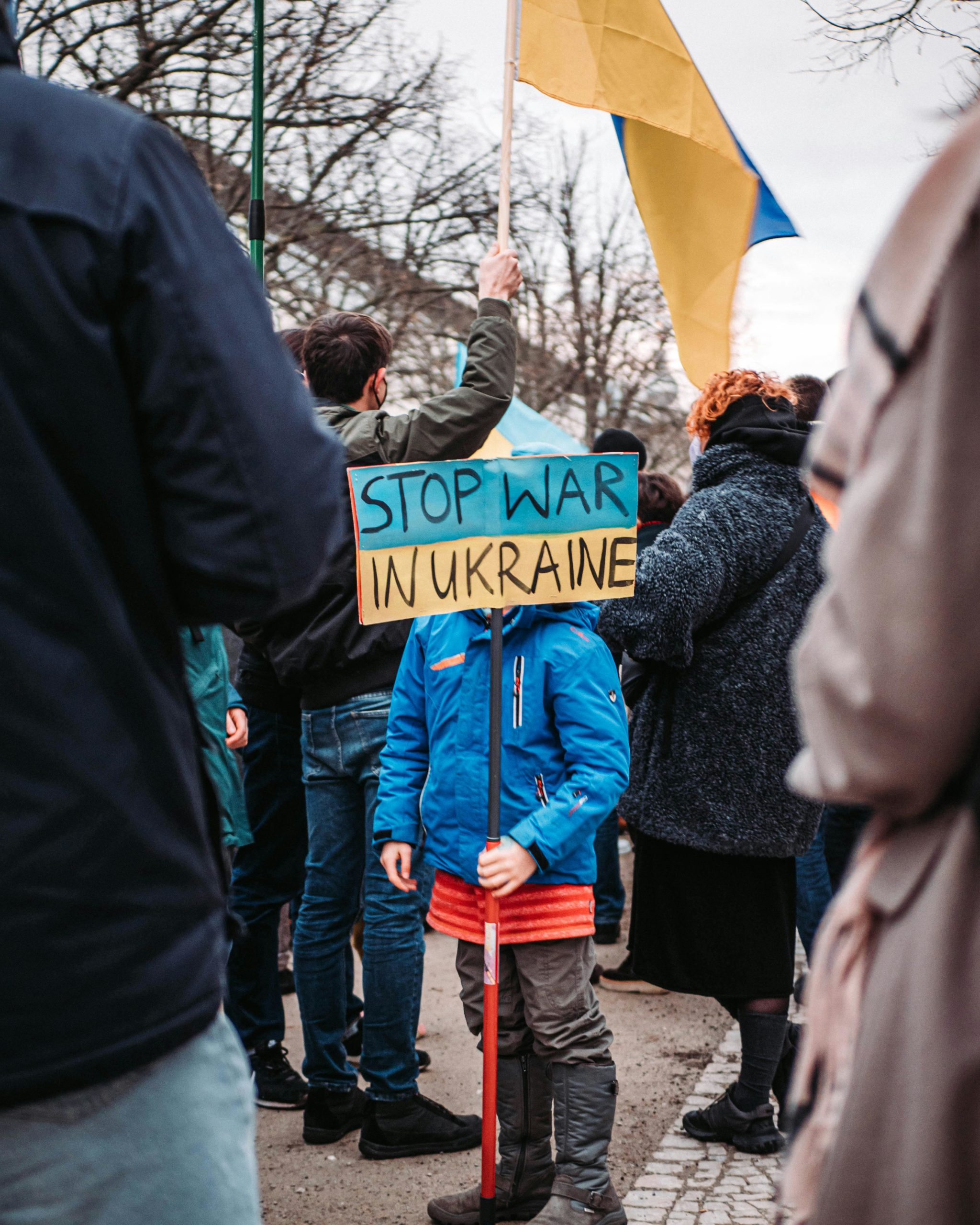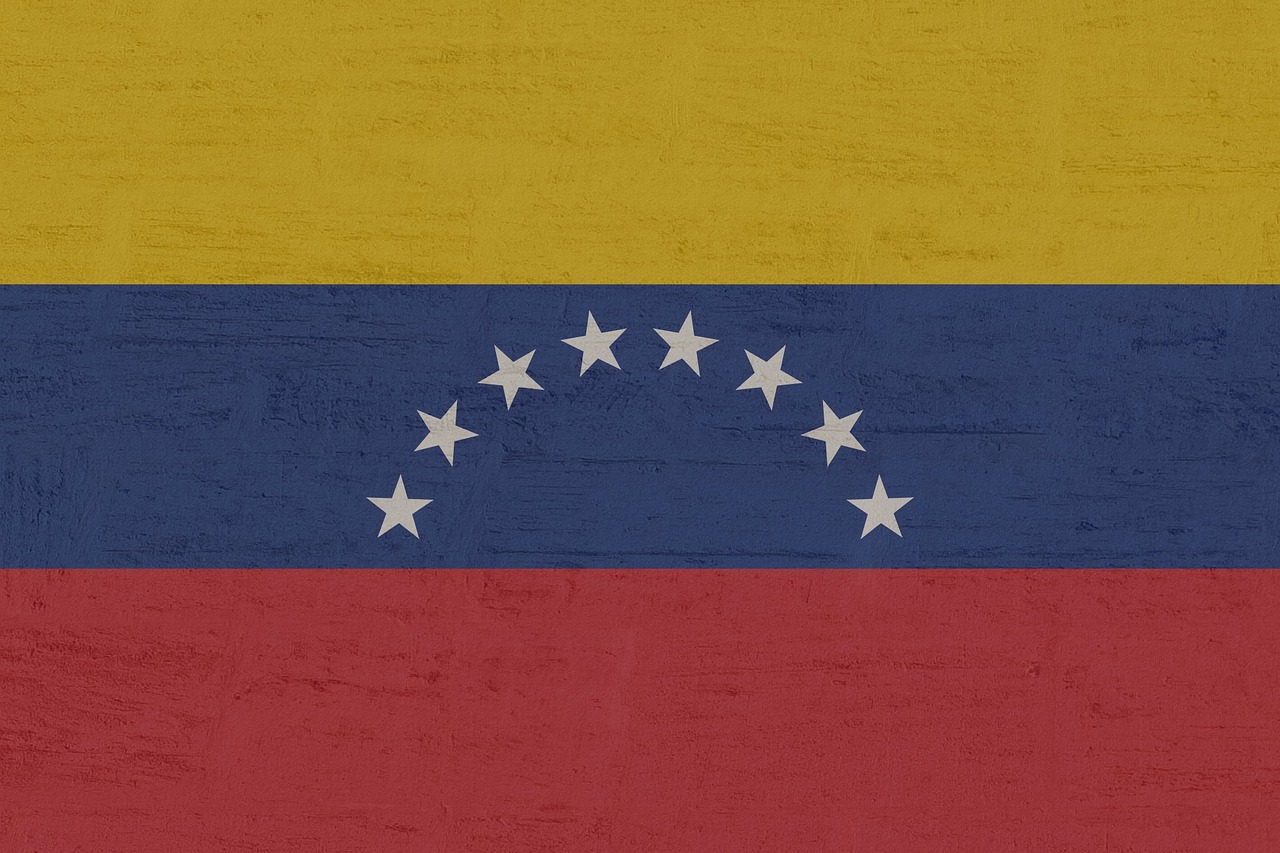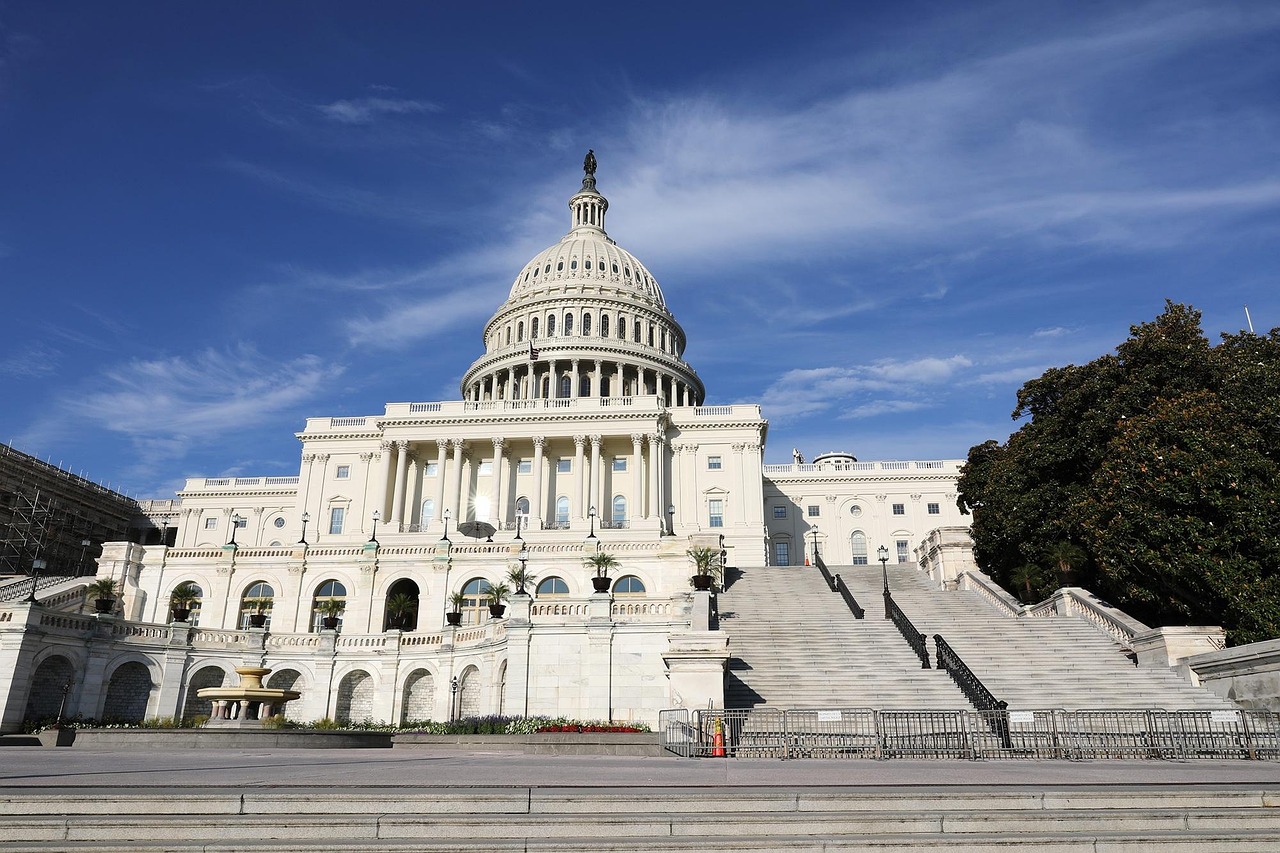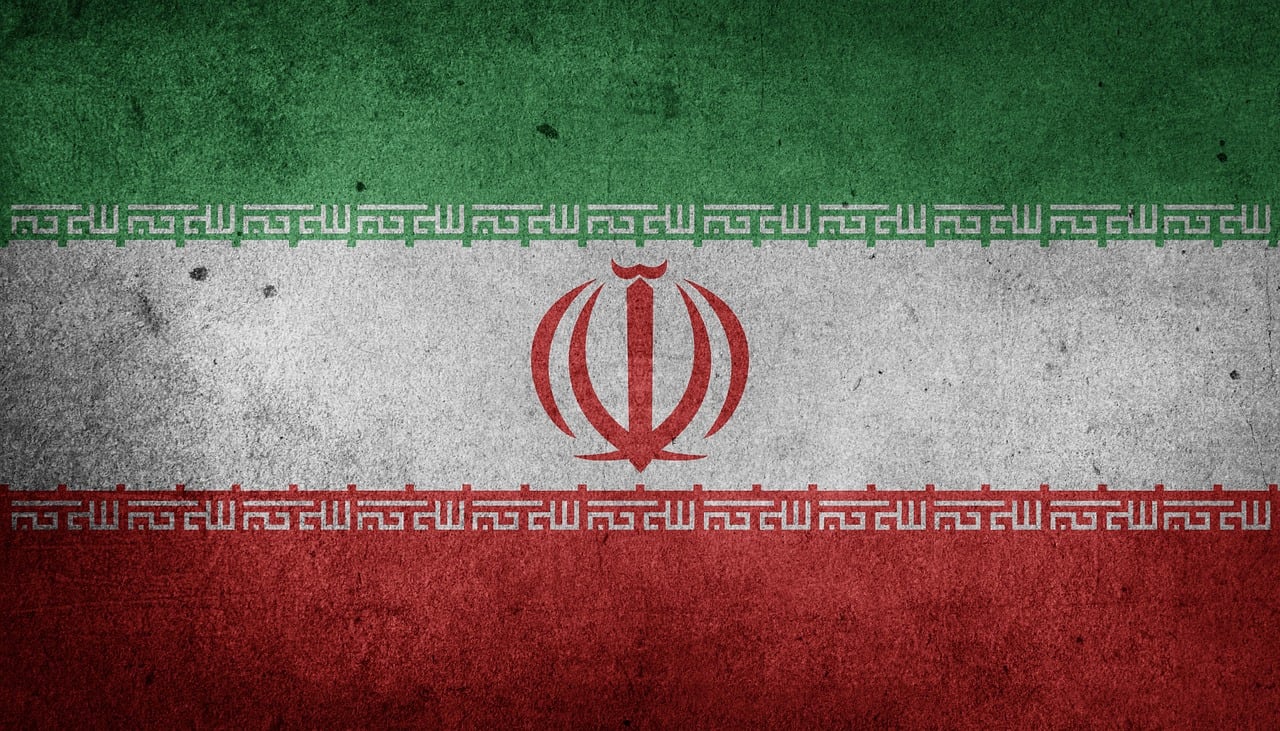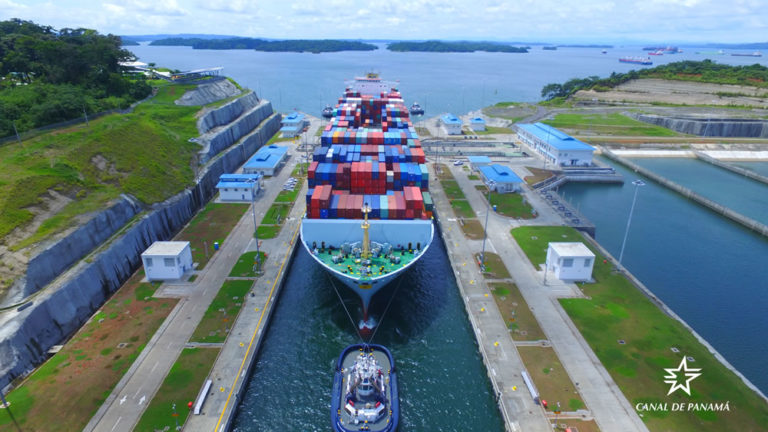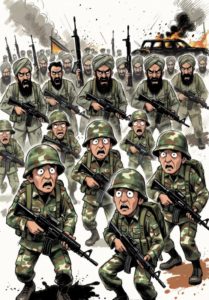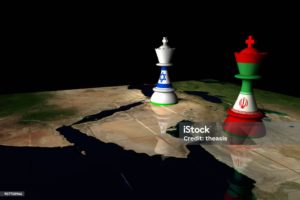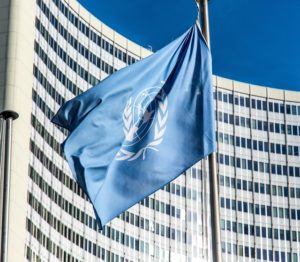The image has already gone down in history: Donald Trump and Vladimir Putin, side by side in Alaska, discussing a way out of a war that has lasted more than three years. An improbable summit, but one that reveals a time when multilateralism is collapsing and the most heated conflicts are being resolved in the solitude of bilateral meetings. What other alternative? The international system established in 1945, designed to prevent all-out wars, seems exhausted. Today, it is the heads of state themselves, sometimes on the fringes of institutions, who have the last word.
No one can deny the fierce courage of the Ukrainian people, who have resisted Russia’s brutal invasion of their territories since February 2022. This war has revived the ghosts of an imperialism believed to be over. It has revived European traumas that only the Second World War seemed to have healed. Ukrainians are fighting for their sovereignty, but also for a certain idea of freedom and independence in Eastern Europe.
Yet, the military reality is gradually taking hold: despite massive support from the West, led by Europeans and Americans in terms of arms and funding, the front line is solidifying. Territorial gains remain limited, human losses are colossal, and the strategic horizon is darkening. The stalemate is evident: total victory for either side seems increasingly out of reach. Worse, Russia is gaining ground with each diplomatic setback in Ukraine. The psychological effect is clear. A peace agreement as previously understood seems increasingly illusory, given the irreconcilable nature of the positions. And everything suggests, despite what Trump thinks, that the conflict will slide into a standstill, a war of positions, perhaps lasting decades, like Korea since 1953.
Yet it is in this context that Trump has chosen to reach out to Putin. For many, this approach appears to be a cynical gamble: making peace at any cost, including to the detriment of Ukraine, by sacrificing part of its territory or its ambitions. But for others, the logic is implacable: each day of war further destroys Ukraine, drains it of its vital forces, and weakens its capacity for future reconstruction.
Multilateral institutions—the UN, OSCE, and the European Union—appear incapable of influencing the course of the conflict. They are spectators of a confrontation in which only Washington and Moscow still seem to have a say. Peace imposed from above will undoubtedly not be just. But it could put an end to the bloodshed. This is the moral and strategic dilemma: is an imperfect peace better or an interminable war? In any case, care must be taken to ensure that an agreement does not definitively bury Ukrainian hopes and that it guarantees the country’s security as much as possible, so that it does not become vulnerable again in a few years.
The Europeans, aligned with Canada and Australia behind Kyiv, display a facade of unity. Their military and financial aid is essential to the country’s survival. But this support, if continued indefinitely, paradoxically risks further weakening Ukraine. The country is at the end of its tether, its population exhausted, its economy drained. The longer the conflict lasts, the more Kyiv risks becoming dependent on its allies and trapped in a frozen front, incapable of rebuilding or planning its future. Perhaps we should therefore admit that a freeze in the conflict, however imperfect, would be less of a problem than a bloody, hopeless continuation. Not a capitulation, but a lasting truce that would give Ukraine time to breathe and rebuild, even partially.
It is from this perspective that we must view the meeting scheduled for tomorrow at the White House between Donald Trump and Volodymyr Zelensky. The United States wants to end this, aware that it remains the only one capable of imposing a framework for negotiations. Washington knows that Europe has neither the military weight nor the political will to force an agreement. Peace may not be within reach. But if a freeze in the conflict, however fragile, could be achieved by Christmas, that would already be a decisive step. Diplomacy, even brutal and unbalanced, can save lives. And in the end, that is perhaps all that remains to be hoped for: that the coming winter will be one of a ceasefire, rather than one of a new season of massacres.

